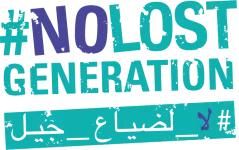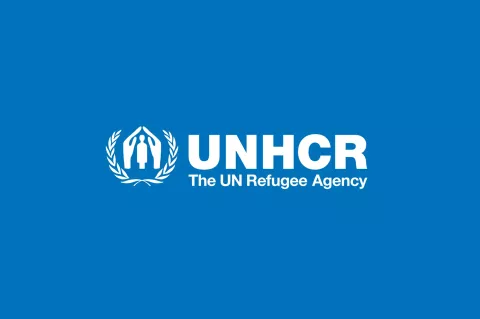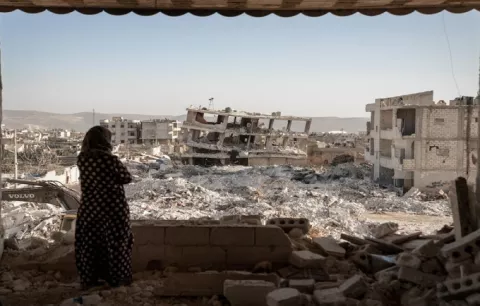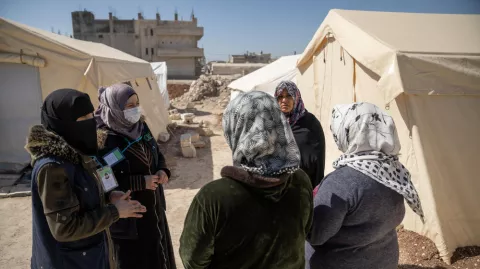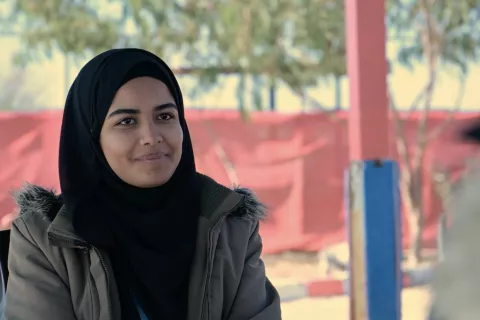NLG MHPSS Regional Conference on the mental health and wellbeing of vulnerable people in MENA
NLG Mental Health and Psychosocial Support (MHPSS) Taskforce is organizing a regional virtual conference on November 30 to discuss system strengthening and gaps in the provision of MHPSS in the MENA region.
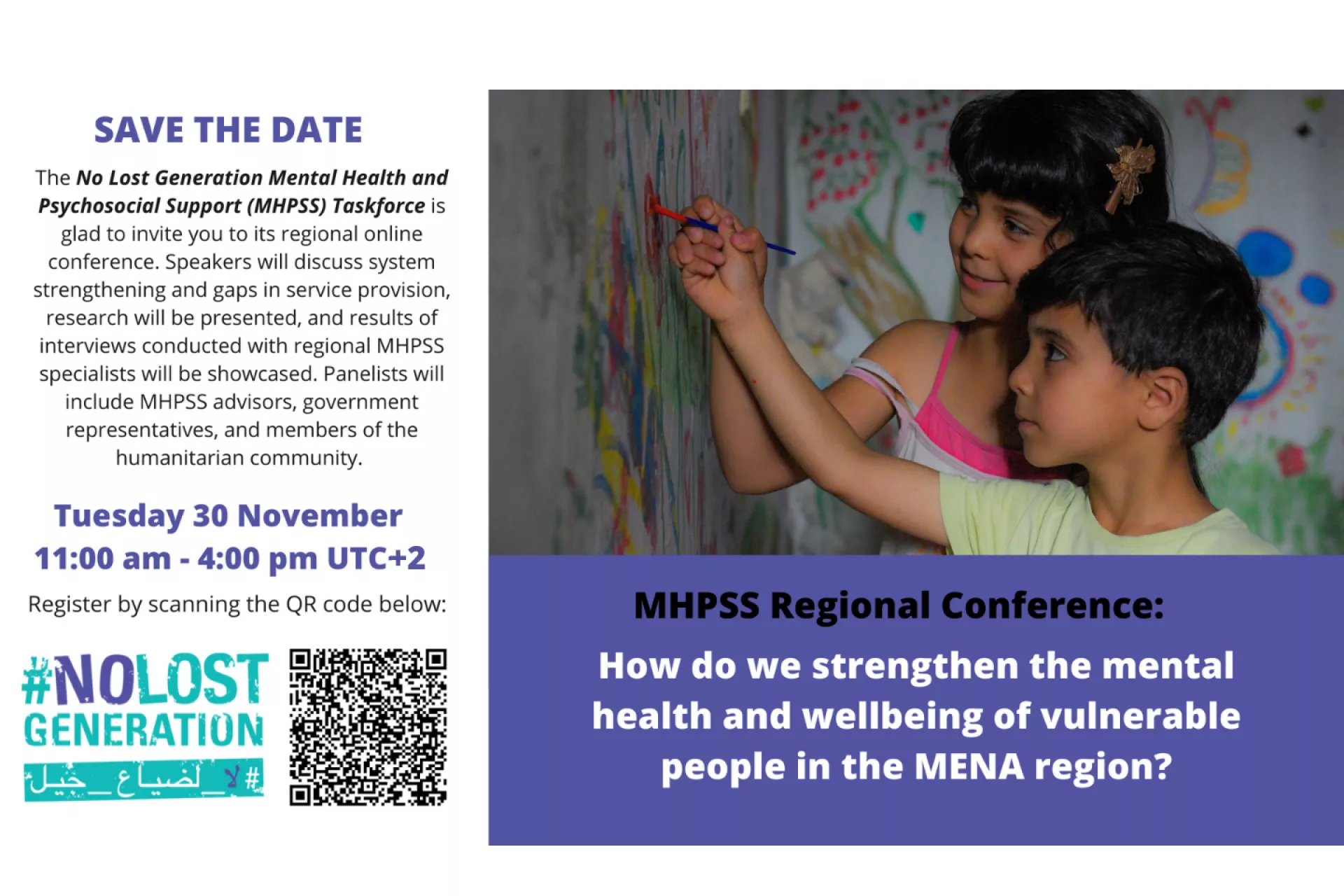
On November 30, Lost Generation’s Mental Health and Psychosocial Support (MHPSS) Taskforce organized a regional virtual event on:
How do we strengthen the mental health and wellbeing of vulnerable people in the MENA region?
The panel discussion included MHPSS specialists and practitioners, government representatives and members of the humanitarian community who discussed gaps in the MHPSS strategy and response and system strengthening.
After introductory remarks by No Lost Generation co-chairs José Bergua and Alexandra Matei, World Vision and War Child Holland presented the results of their report Silent Pandemic on the impact of the COVID-19 pandemic on the mental health of children. It was followed by an intervention from Plan International who summarized the findings of their latest report In Harm's Way on the alarming situation of adolescents girls in Northwest Syria.
In the second segment of the conference, Action Against Hunger led a multi-country discussion on the MADAD MASS project with representatives from the ministries of health of Iraq, Lebanon and Jordan. Dr. Emad Abdul Ghani, Dr. Rabih El-Chammay and Dr. Malak Al-Ouri presented their country's Mental Health Strategy and their efforts to strengthen the capacity of the national system.
Then, UNHCR MENA presented their different approaches to MHPSS interventions in the region, including a focus on community-based psychosocial support to refugees, internally displaced persons and host communities. UNHCR promoted the scaling up of scalable and cross-cutting psychosocial interventions and showed examples of such practices, as part of the PROSPECTS partnership.
As part of the fourth segment, No Lost Generation MHPSS taskforce co-leads Noor Amawi and Ashraf Al Kilani presented the results of a desk review and a series of key informant interviews with MHPSS practitioners of the region. Acknowledging the challenges of the limited capacity within national systems, they advocated for aligning short-term emergency response with longer-term funding to MHPSS.
UNICEF then introduced their Global Multisectoral Operational Framework for MHPSS which adopts a life course approach. They insisted on the need for a comprehensive MHPSS approach in schools and learning environments, where teachers are trained and receive support. MHPSS should also be integrated in general healthcare services to improve accessibility and referrals.
Finally, UNFPA presented on different psychosocial support interventions for survivors of gender-based violence in Jordan, such as women and girls' safe spaces, shelters, hotlines, cash assistance and counselling. UNFPA highlighted the work of the gender-based violence sub-working groups.
During the breaks, videos showing best regional practices were displayed, including a video by Jesuit Refugee Services on the mental health crisis in Lebanon and Syria.
Stemming from the discussion, panelists made the following recommendations:
- Prioritize flexible and long-term funding to MHPSS inclusive and context-specific interventions in humanitarian response plans
- Increase investment in family and child therapeutic approaches and interventions,
- Recognize MHPSS as a right for children and their families and as a life-saving intervention,
- Increase engagement with youth for their own mental health and contribution to service design and delivery,
- Integrating MHPSS across sectors, including health, child protection, education, gender-based violence and education,
- Updating national policies with a long-term lens, collaborating with all governmental entities and a diversity of multi stakeholders,
- Involving media in the prevention of mental health issues to break stigma around seeking help,
- Staff training, wellbeing and care need to be better supported - including capacity building and care of parents, health workers, teachers and case managers.
- Document referrals between health services, social welfare and education systems.
The MHPSS policy report resulting from the desk review and the key informant interviews is available HERE.
The recording of the event is available both in English and in Arabic.
